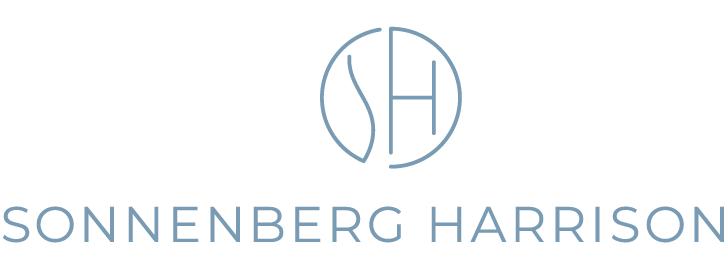Patent or invention harvesting refers to the practice of developing and acquiring patents or other forms of intellectual property with the goal of generating revenue through licensing, enforcement or selling of the patents. It is a strategy used by many major companies, but also smaller companies, individuals, or entities who want to exploit more effectively their intellectual property portfolio.
Patent harvesting can take many different forms and can be used for different purposes. These include:
Defensive patent harvesting: companies or individuals acquire or develop internally patents to protect themselves from potential lawsuits from competitors or patent trolls.
Offensive patent harvesting: companies or individuals develop and acquire patents to assert them against competitors or to extract licensing fees from others who are using the technology.
Patent Monetization: the practice of generating revenue through licensing, enforcement, or selling of the patents, by individuals or companies who do not intend to use the patented technology but hold the patents to generate additional revenue through licensing or selling.
Patent harvesting can be a simple process, starting with an “ideation session” in which developers brainstorm possible new patentable ideas and how to best protect them, to a much more complex and costly process, requiring a deep understanding of the legal landscape, the technology and the market trends. It can also be risky, as it’s hard to predict the future of a technology, the market trends, and the patent landscape. Companies need to have a strategy about what they want to achieve, and to support this strategy with detailed legal advice before embarking on a patent harvesting process.
There are several hazards or risks associated with patent harvesting, including:
Legal risks: Acquiring patents for the purpose of asserting them against others can lead to legal disputes and lawsuits. There is also the risk of buying patents that are invalid or unenforceable, which can result in costly litigation.
Financial risks: Patent harvesting can be a costly process, and there is always the risk of investing money in patents that do not generate revenue or have little value.
Limited control over the technology: Patent harvesting may involve acquiring patents from third parties, which means that the company or individual acquiring the patents may not have control over the underlying technology and may not be able to fully utilize the patents.
Limited market insight: It’s hard to predict how a technology will evolve over time and how the market will evolve, therefore, it’s hard to predict the value of a patent over time.
Limited knowledge of the patent landscape: The patent landscape is constantly changing, and it’s hard to predict the future of a technology and the patent landscape. It’s important to have a good understanding of the patent landscape and the technology before embarking on a patent harvesting process.
Limited knowledge of the legal landscape: The legal landscape is also constantly changing, and it’s important to have a good understanding of the legal landscape and the laws surrounding patents before embarking on a patent harvesting process. For example, laws on protecting software are continually changing and vary from country to country. Trade secret protection has also increased in importance over the past few years.
It’s important to keep in mind that patent harvesting is not a guaranteed way to generate revenue.
As a company looking to protect and monetize your intellectual property, we at SONNENBERG HARRISON can help you navigate the complex and ever-changing patent landscape. We specialize in providing comprehensive patent and invention harvesting services to help you acquire valuable patents and generate revenue through licensing, enforcement or selling of the patents.
Our team of experienced patent attorneys will work closely with you to understand your business and technology goals, and to develop a customized strategy for acquiring and managing patents. We will use ideation tools, run brainstorming sessions, and use a variety of search tools and resources to identify patentable ideas that are relevant to your business and technology as well as having potential to generate revenue.
We will also provide you with legal advice and guidance on how to mitigate any legal risks associated with developing, acquiring and asserting patents, and keep you updated on any changes in the legal landscape that may impact your patents.
Don’t let the complexity of the patent landscape hold you back from protecting and monetizing your intellectual property. Contact us today to learn more about our patent harvesting services and how we can help you achieve your business goals.

